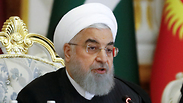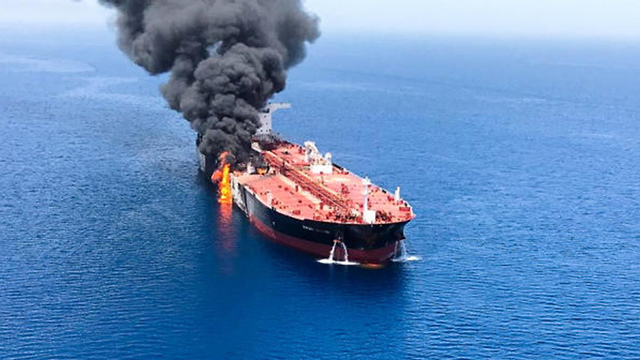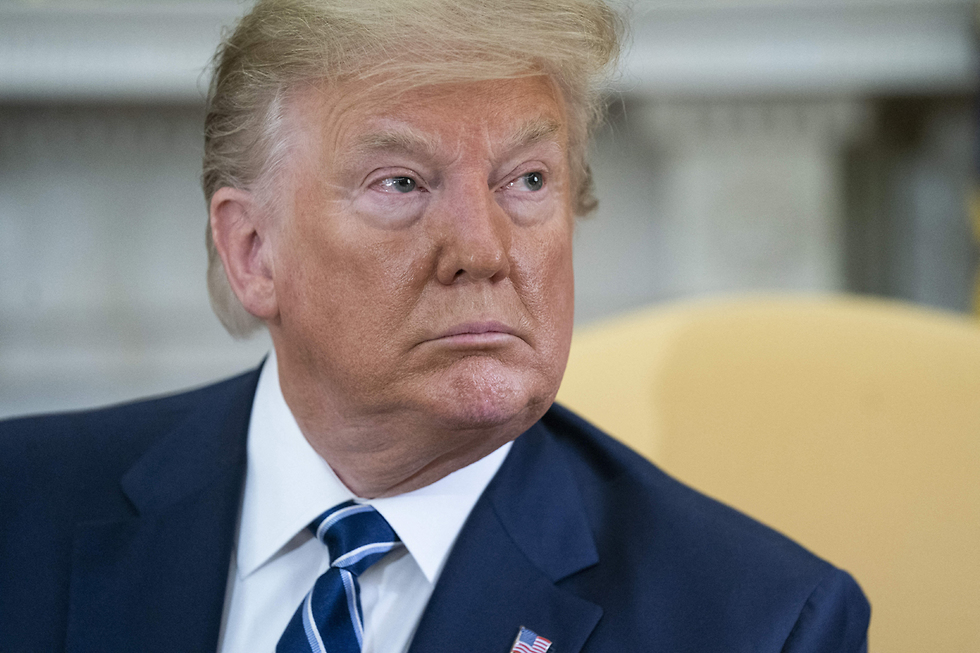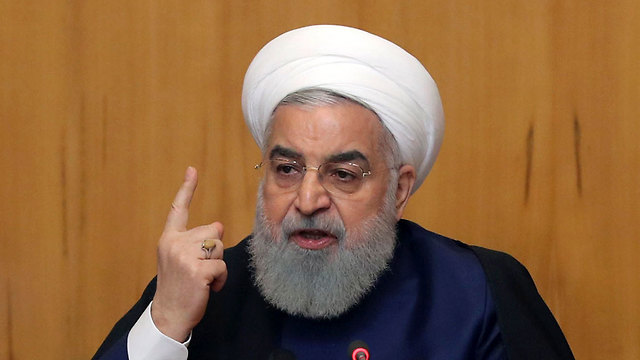Iran carried out a series of provocations including numerous attacks on oil tankers – prompting no reaction from the administration.
That led to more provocation, which came in the downing of a U.S. military drone worth $130 million.
An act of provocation to which the president was ready to respond, but then he didn't.
Was he wavering? Maybe but under the circumstances his hesitation was justified.
The United States is invested in the Bahrain economic workshop, due to begin in a couple of days.
Bahrain though ruled by Sunnis, has a Shi'ite majority which is often oppressed. At least part of Bahrain's Shi'ites supports Iran.
As the British rule over the small kingdom was coming to an end, in the late 1960s, Iran in vain demanded control of the Island and has never stopped coveting it.
The last thing the United States needs right now is riots on the streets of Bahrain protesting an American attack on Iran, since that would bring the economic workshop to an abrupt end. One missile attack on the international airport there would bring about the same result.
The economic workshop is but one in a number of reasons why an attack on Iran would be wrong, but not the least of them.
As things appear now, the United States is not really the stronger party to conflict. Iran is very weak economically but very strong militarily and very well-armed with a vast arsenal of precision-guided missiles.
An Iranian missile could not only hit Bahrain airport, it could destroy the land bridge connecting Bahrain to Saudi Arabia. That would mean a spectacular attack on a strategic transportation route.
America's Iranian dilemma is not dissimilar to Israel's dilemmas in the face of provocation from Gaza or Lebanon. Though not exactly the same, in both spheres of conflict a militarily weaker side has the ability to inflict major damage on its opponent, in addition to its ability to suffer major hits to its territory.
The Iranian regime is not fazed by civilian casualties. Much like Hamas leaders in Gaza who hide behind civilians and inside hospitals, launching missiles from densely populated civilian neighborhoods with no concern for their own civilians being killed as a result.
Trump on the other hand is concerned about 150 possible Iranian casualties.
The American administration has not forgotten the endless Iraqi war. Though the question of invasion is not relevant at this point, it is not surprising that the United States is being cautious about another Middle East war.
Libya for example did not involve a ground invasion and still an aerial bombing campaign did not stop the country from breaking apart with some areas falling in the hands of Islamist forces, causing a far worst situation than before.
Iran is the most complicated situation of all. Until the American decision to pull out of the 2015 nuclear deal, Iran was a strong nation. But since the 2018 announcement by Trump, Tehran has been arming itself to the teeth.
It may be necessary at some point down the road to launch an attack on Iran in order to stop its provocations, but it is still a good idea to take a breath, count to 10 and then decide on an appropriate response.
Trump was right to stop Iran from steeling the limelight in advance of this week's workshop in Bahrain.





















